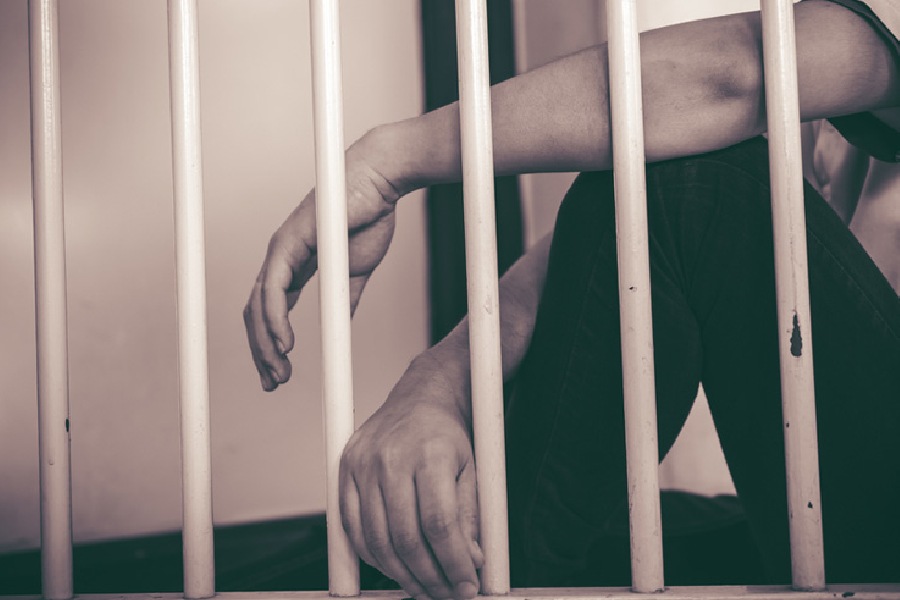The indefinite detention of numerous undertrial prisoners causes much of the overcrowding in prisons. In 2022, there were over four lakh undertrial prisoners, which comprised 75.08% of the total number of prisoners in all Indian prisons. The Supreme Court has taken an important step in reducing this load. Section 479 of the Bharatiya Nagarik Suraksha Sanhita, put in place since July 2024 as a reformed version of the Code of Criminal Procedure, allows alleged first-time offenders bail if they have served one-third of the maximum time they would be imprisoned if the accusation were proved. The Supreme Court ruled that this would apply to all first-time offenders, even those who were arrested before the BNSS was implemented. The Centre had agreed to this. All prison superintendents have been instructed to prepare proceedings for bail for eligible prisoners within two months and report to the court. Simultaneously, states and Union territories have been asked to report within two months about the results of the court order. Those who are not first-time offenders but have served half their potential maximum punishment would be eligible for bail too. Only those accused of serious crimes punishable by life imprisonment or death would not be given bail.
The Supreme Court’s decision forms a striking precedent. It is not only the first ruling that will actually help lighten the load in prisons but also a beneficial and expansive use of the reformed code in the BNSS. The insistence on accountability would ensure that prison superintendents as well as states and UTs report on the release of prisoners, while the undertrial review committees will make sure that the law is being implemented, all within two months. A majority of the undertrial prisoners comes from under-privileged backgrounds and can neither get a lawyer for themselves nor even, at times, understand their rights or the accusation. The Supreme Court’s ruling would benefit them most, and help enormously in their social rehabilitation. That was hinted at when one of the judges on the bench said that the two-month deadline would allow released undertrial prisoners to spend Diwali with their families. Those detained for dissent, too, could get bail after this ruling. At a time when laws are being weaponised, the positive application of a new law has brought hope to many.










